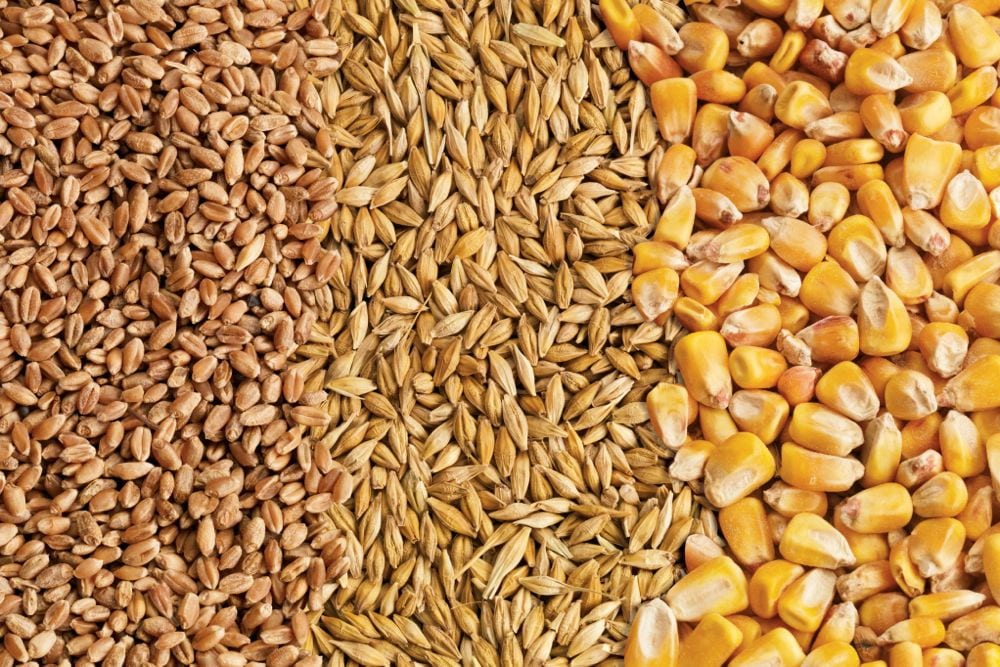WINNIPEG (Reuters) — Canada is poised to harvest a record-large canola crop and produce its most wheat in 17 years, despite challenging conditions early in the growing season, according to a Reuters poll of 15 traders and analysts.
A late spring melt of heavy winter snowfall raised concerns that many fields would go unplanted in Western Canada. Most of those fears dried up in spring, but the crop belt has been hit by severe flooding and intense hail in southern Alberta in recent weeks, along with too much rain in parts of Saskatchewan and Manitoba.
Read Also

Feed Grains Weekly: Price likely to keep stepping back
As the harvest in southern Alberta presses on, a broker said that is one of the factors pulling feed prices lower in the region. Darcy Haley, vice-president of Ag Value Brokers in Lethbridge, added that lower cattle numbers in feedlots, plentiful amounts of grass for cattle to graze and a lacklustre export market also weighed on feed prices.
The damage from those storms has been limited to small areas, analysts said. Others said mid-summer is too early to accurately forecast the size of crops, with about a month to go before much harvesting begins.
Canola production will reach the long-held industry target of 15 million tonnes in 2013-14, setting an all-time high and beating last year’s production by 13 percent, based on the poll’s average estimate.
The all-wheat harvest, including durum, is seen on average to be 29.7 million tonnes, up nine percent from 2012-13 and the highest level since 1996’s bin buster.
Traders expect Canadian farmers to produce five million tonnes of durum, 8.5 million tonnes of barley and 3.2 million tonnes of oats.
Canola and wheat crops on that scale would exceed last month’s projections by Agriculture Canada, pointing to rising optimism about favourable conditions for crop development. Agriculture Canada, which bases its estimates on analysis, estimated canola production of 14.1 million tonnes and an all-wheat harvest of 29.4 million.














